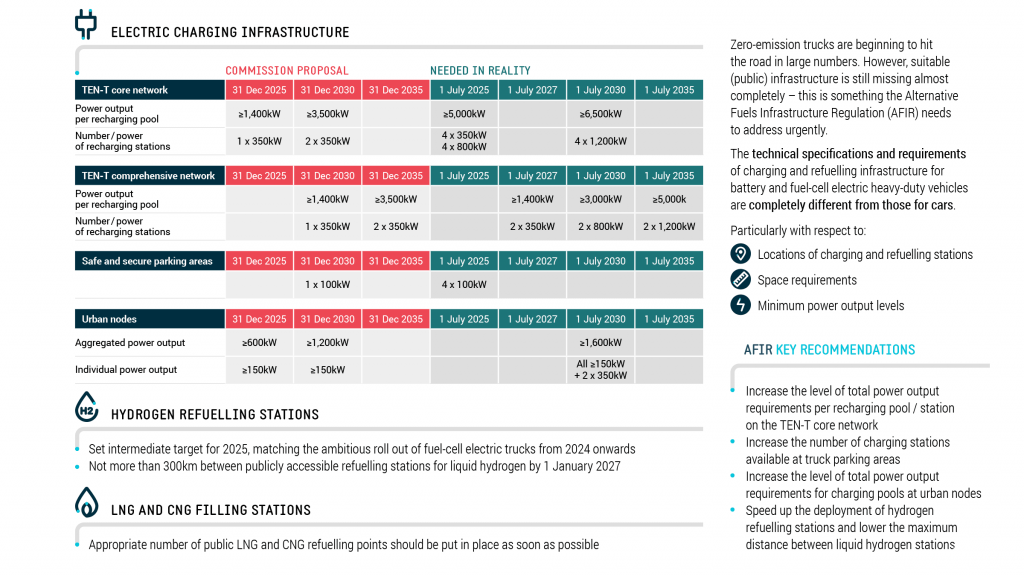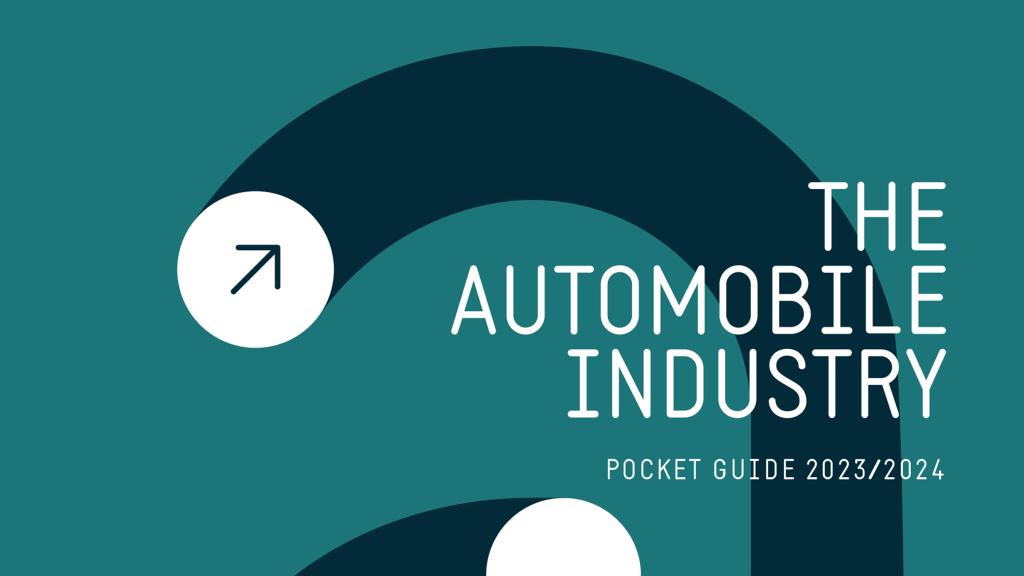Fuel types of new vans: electric 5.3%, diesel 86.0% market share full-year 2022
Brussels, 1 March 2023 – Overall in 2022, diesel continued to dominate the EU van market with 86.0% of total van registrations, although it lost some market share compared to 2021 (when it held 90.2%). By contrast, electrically-chargeable vans showed strong growth in 2022, nearly doubling their market share from 3% in 2021 to 5.3% in 2022.
Diesel and petrol vans
In 2022, diesel van sales contracted by 21.9% across the European Union1, to 1.1 million units, as the overall decline of the van market mainly impacted diesel-powered vehicles. The four largest EU markets all suffered double-digit losses: France (-23.5%), Spain (-23.5%), Italy (-19.4%) and Germany (-17.0%).
On the other hand, the number of petrol vans registered increased to 64,585 units last year, which represents a growth of 9.2%. As a result, petrol gained market share, accounting for 5.0% of the total market (an increase of 1.3 percentage points from 2021). Out of the four key EU markets, only Germany showed a decline in petrol vans (-4.8%), while the other three markets all contributed positively to the region’s performance. Italy and Spain saw the strongest growth with double-digit increases (+57.1% and +25.0% respectively), while France followed with a more modest gain (6.0%).
Alternatively-powered vehicles (APV)
Last year, registrations of electrically-chargeable vans in the EU increased by 42.5%, resulting in a market share expansion (from 3.0% to 5.3% of total sales). All the major markets in the region posted double-digit gains, with Spain leading the way (+57.3%), followed by Germany (+41.3%), France (+33.0%) and Italy (+20.5%).
Hybrid electric vans also saw growth in 2022, with registrations up 23.9%, accounting for 2.5% of the EU van market (up from 1.7% in 2021). Italy – the largest EU market for hybrid vans, accounting for 54% of total registrations – saw the highest growth rate (+43.0%). France (+13.3%) and Germany (+3.1%) also recorded gains, although more modest, while Spain posted a slight decline (-0.8%).
Sales of vans running on alternative fuels2 fell by 28.7%, counting 15,221 units, and making up only 1.2% of total light commercial vehicle registrations. France was the only key EU market to see an increase in alternative fuel van sales (+2.1%), while Spain experienced a significant decline (-84.4%).
Last year, registrations of electrically-chargeable vans in the EU increased by 42.5%, resulting in a market share expansion (from 3.0% to 5.3% of total sales).
1 Data for Bulgaria and Malta not available
2 Includes natural gas, LPG, biofuels and ethanol vehicles
Downloads
Copyright notice
Reproduction of the content of this document is not permitted without the prior written consent of ACEA. Whenever reproduction is permitted, ACEA shall be referred to as source of the information. Quoting or referring to this document is permitted provided ACEA is referred to as the source of the information.
About ACEA
- The European Automobile Manufacturers’ Association (ACEA) is the Brussels-based trade association of the 15 major car, van, truck and bus producers in Europe
- The ACEA commercial vehicle members are DAF Trucks, Daimler Truck, Ford Trucks, Iveco Group, MAN Truck & Bus, Scania, Volkswagen Commercial Vehicles, and Volvo Group
- Visit www.acea.auto for more information about ACEA, and follow us on www.twitter.com/ACEA_auto or www.linkedin.com/company/ACEA/
- Contact: Francesca Piazza, Senior Statistics Manager, fp@acea.auto
Interested in ACEA press releases?
Receive them directly in your inbox!
About the EU automobile industry
- 12.9 million Europeans work in the automotive sector
- 8.3% of all manufacturing jobs in the EU
- €392.2 billion in tax revenue for European governments
- €101.9 billion trade surplus for the European Union
- Over 7% of EU GDP generated by the auto industry
- €59.1 billion in R&D spending annually, 31% of EU total



